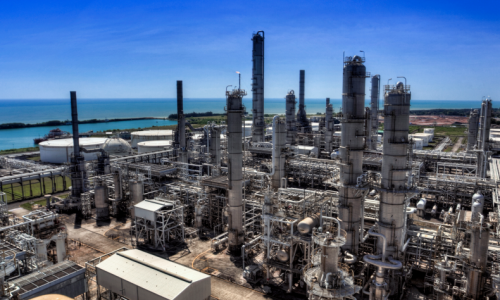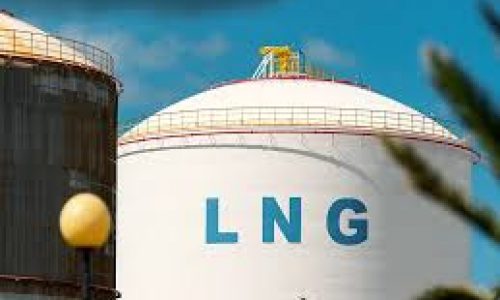Palm oil company PT Astra Agro Lestari Tbk (AALI) has allocated between IDR 1.5-IDR 1.7 trillion (US$ 100-US$ 110 million) Capital expenditure (Capex) for replanting and treating immature plants. The budget – which will be for the maintenance of infrastructure, machinery and tools – will fully come from internal sources.
Established in 1981, the company has about 30 years of experience. Astra Agro Lestari (AAL) was formed from several merging companies in the plantation industry. The company originally did business in the cassava plantations, before developing its business toward rubber plantations. Its factories and plantations are mostly situated in South Kalimantan.
By 2021, AAL became the second largest palm oil company in Indonesia with a total plantation area of 286,727 hectares (ha) in Sumatra, Kalimantan and Sulawesi. The company also diversifies into the downstream industry and operates palm oil processing plant refineries in North Mamuju, West Sulawesi, and Dumai, Riau. It produces olein, stearin and Palm Fatty Acid Destilate (PFAD). The company also exports its products to China, Malaysia, the Philippines and South Korea. It has an NPK fertilizer mixing plant in Donggala, Central Sulawesi, and in Bumiharjo, Central Kalimantan. Currently, the company, a subsidiary of PT Astra International Tbk (ASII), has 2 subsidiaries of PT Tanjung Sarana Lestari and PT Tanjung Bina Lestari, both in West Sulawesi.
Concern on government regulations
President Director Santosa explained that the Capex allocation was unpredictable since the company was still considering the fluctuating prices of fertilizer. The fertilizer is necessary to estimate the replanting costs to maintain production continuity.
“Our 2023 Capex range is around IDR 1.5-IDR 1.7 trillion, which is not too big. Half of the funds will go to immature plants due to last year’s increase in fertilizer price which reached 92%. I’m currently evaluating it [the Capex] because of the change in fertilizer prices,” he said on February 17, 2023, as quoted from kontan.co.id.
Santosa predicted that the funds for fertilizing immature plants could cost IDR 120 million per hectare for 3 years. As a comparison, the price of fertilizers before this period was only IDR 90 million for 3 years.
He also hoped that the government would not issue policies that were considered extreme for the company. Previously, the government heavily controlled the price of crude palm oil (CPO), which was enforced last year. The policy was to prevent any obstacles to the domestic palm oil industry.
“The government should not make shocking policies. If the Minyakita problem, for example, is to be resolved, we have to look at the root of the problem, which is the distribution. Don’t let Minyakita be equated with all brands,” he added. The government produced Minyakita brand to suppress rising cooking oil prices in 2022.
Santosa explained that the company was currently stabilizing the rejuvenation of 5,000 plants. He also hoped that AAL could carefully acquire oil palm plantations to meet the government’s requirement of obtaining Indonesia Sustainable Palm Oil (ISPO) certificate.
Risks in palm oil industry
According to Santosa, the company faced many difficulties in 2022 that prompted it to take measures including extending harvest rotation to suppress core production and accelerating its exports to India.
AAL has received a high demand from the Indian market. It also was helped by the government’s policy to reduce export levies. These two factors helped the company to restore its national palm oil supply to 4 million tons at the end of 2022. Without the export levies reduction, the company would have lower export, revenue and distribution.
However, AAL has concerned that there is an oil stockpiling of 700 tons in Q1 2023.
Santosa added that weather condition has also greatly affected palm oil production as well as the growth of the company’s performance.









